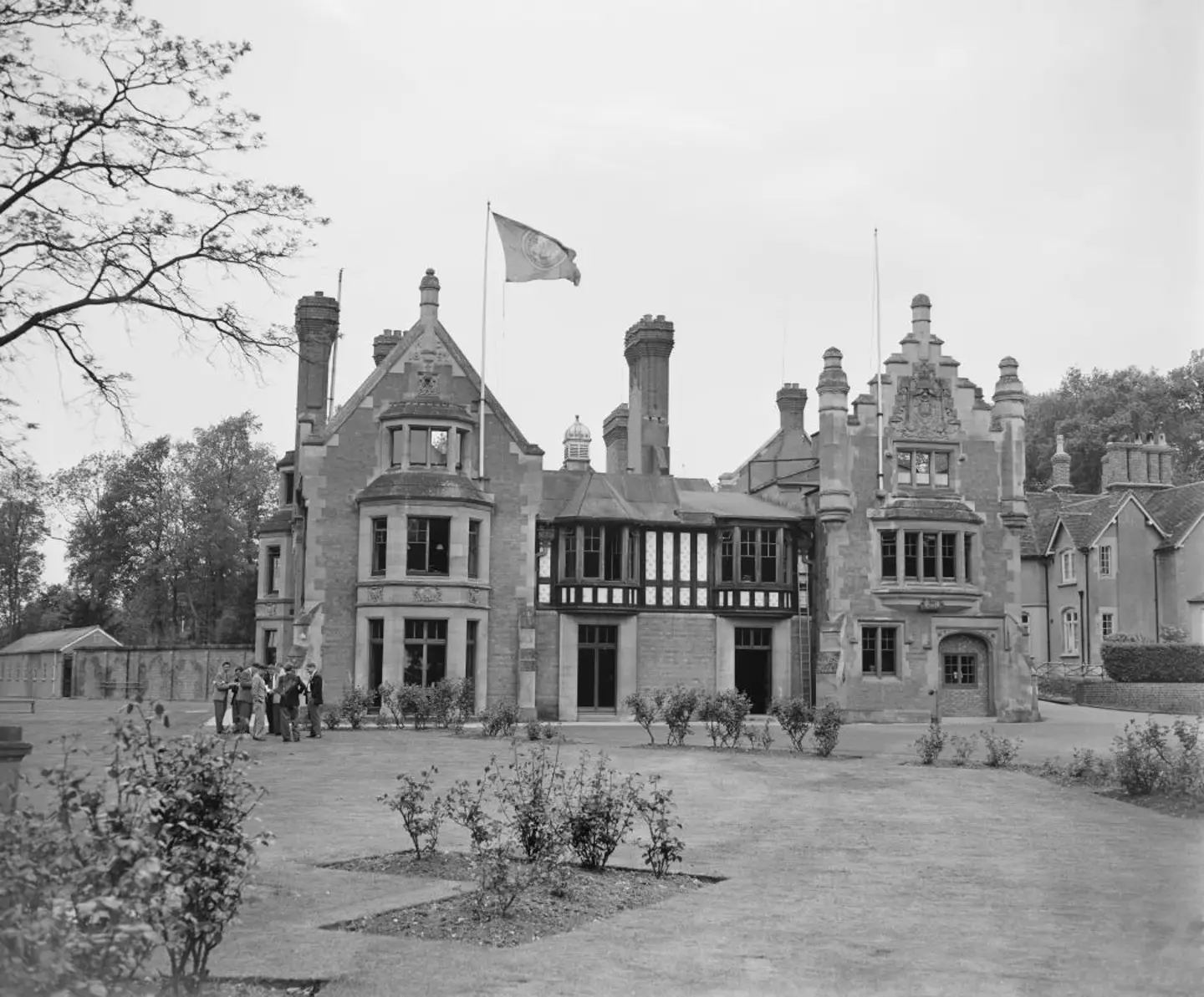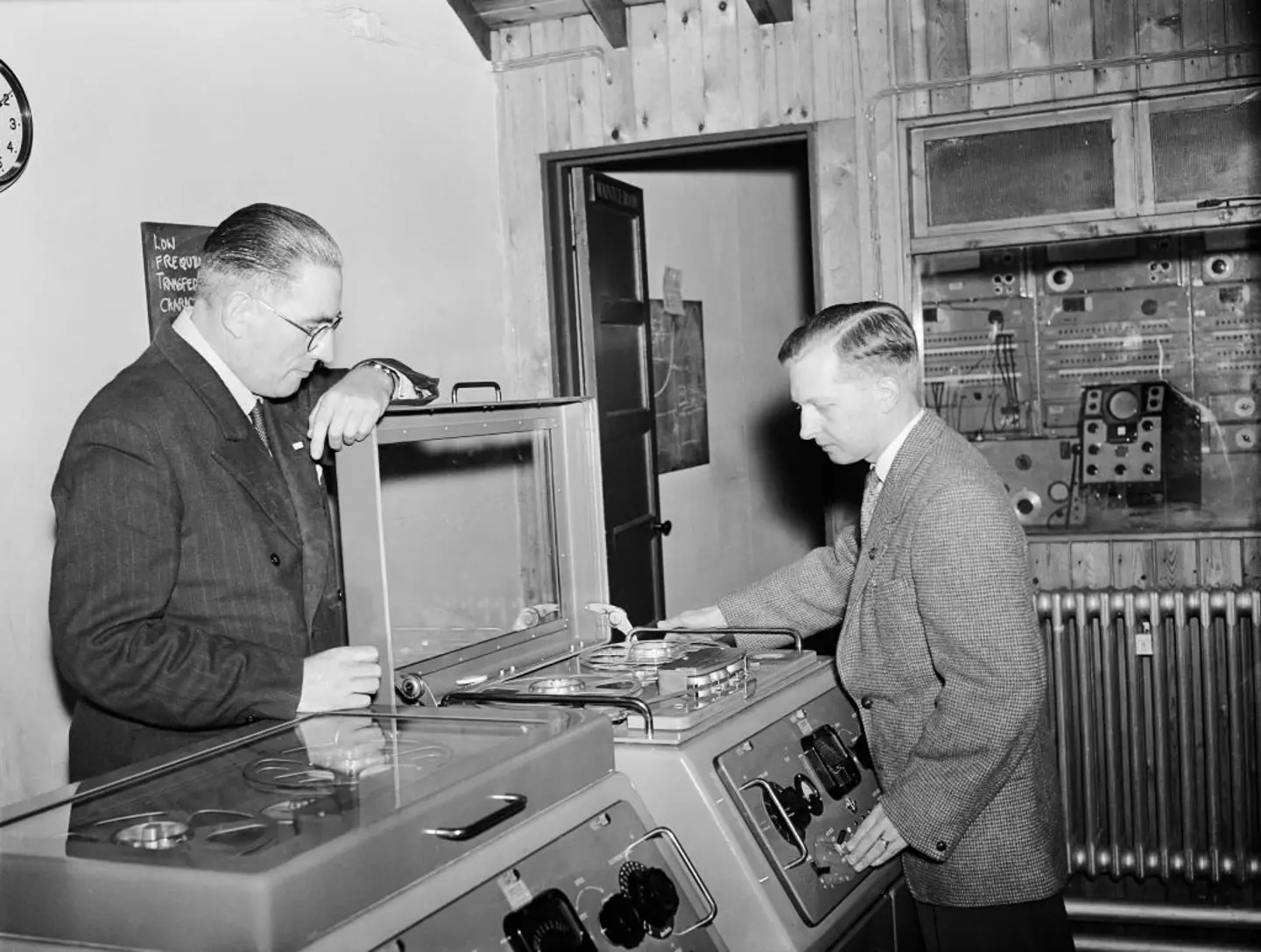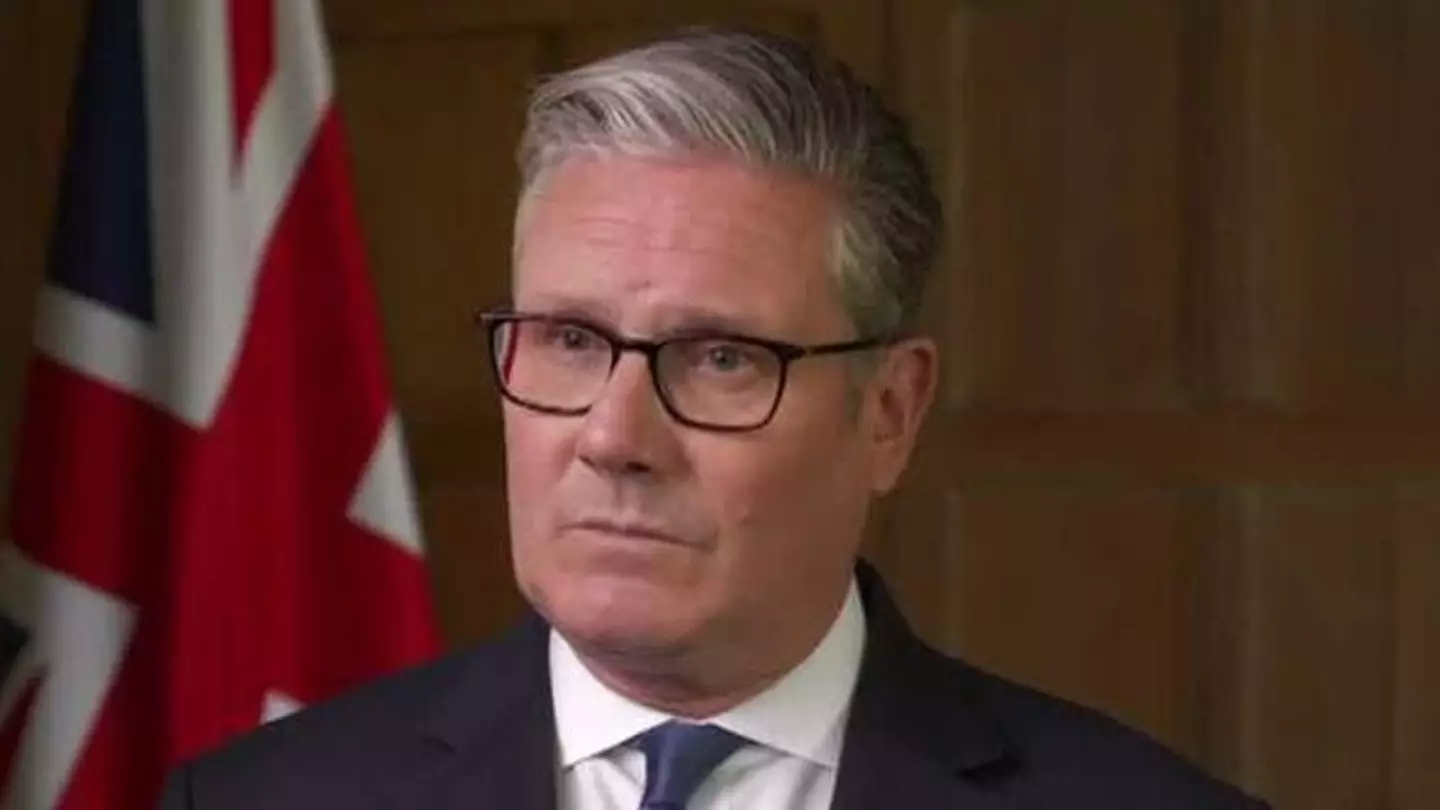
It's only natural to think what we would do and where we would hide if WW3 were to actually break out.
Things escalated when the US got involved in the conflict between Israel and Iran on Sunday night after launching missiles at Iran’s nuclear facilities.
Downing Street said Tehran must not be allowed to develop a nuclear weapon and called for Iran to return to negotiations.
“The leaders discussed the situation in the Middle East and reiterated the grave risk posed by Iran’s nuclear programme to international security,” Downing Street said.
Advert
“They discussed the actions taken by the United States last night to reduce the threat and agreed that Iran must never be allowed to develop a nuclear weapon.”
For a full blown WW3 scenario to break out, the most powerful nations would head to the battlefield, and the UK could see itself getting dragged in.
Safest place in the UK if WW3 breaks out

Before WW2 started, the BBC purchased Wood Norton Hall, located in Worcestershire.
They had acquired the estate to serve as a backup broadcasting hub, safely away from London and other vulnerable cities.
By 1940, Wood Norton had become one of the largest broadcasting facilities in Europe, housing a dozen studios and producing an average of 1,300 programmes per week.

After the war, the site transitioned into the BBC’s main engineering training centre.
Although the historic house has since been sold, modern training facilities built on the grounds are still in use today for education and media training.
However, the BBC admitted in 2016 documents that it would be used in the event of a serious attack.
Built in the mid‑1960s, it features a nuclear‑hardened dubbed 'PAWN' (Protected Area Wood Norton).
It was one of 11 protected 'Deferred Facilities' intended to sustain the Wartime Broadcasting Service in the event of a nuclear war.
The UK wasn't involved in the US missile strikes on Iran

In a statement, Sir Keir Starmer said that 'Iran's nuclear programme is a grave threat to international security' and that the country 'can never be allowed to develop a nuclear weapon, and the US has taken action to alleviate that threat'.
When asked by reporters, the Prime Minister said the UK wasn't involved in the attacks in Iran but was told in advance about what was going to happen.
"That's a risk to the region," he said.
"It's a risk beyond the region, and that's why all our focus has been on de-escalating, getting people back around to negotiate what is a very real threat in relation to the nuclear programme."
Topics: BBC, News, UK News, World News, Iran